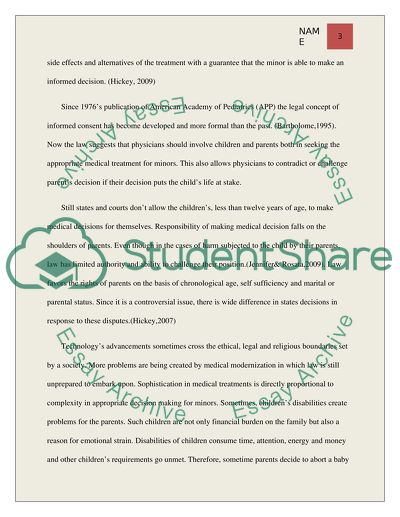Cite this document
(Medical Decision Making for Minors Research Paper, n.d.)
Medical Decision Making for Minors Research Paper. Retrieved from https://studentshare.org/health-sciences-medicine/1761317-medical-decision-making-for-minors
Medical Decision Making for Minors Research Paper. Retrieved from https://studentshare.org/health-sciences-medicine/1761317-medical-decision-making-for-minors
(Medical Decision Making for Minors Research Paper)
Medical Decision Making for Minors Research Paper. https://studentshare.org/health-sciences-medicine/1761317-medical-decision-making-for-minors.
Medical Decision Making for Minors Research Paper. https://studentshare.org/health-sciences-medicine/1761317-medical-decision-making-for-minors.
“Medical Decision Making for Minors Research Paper”, n.d. https://studentshare.org/health-sciences-medicine/1761317-medical-decision-making-for-minors.


